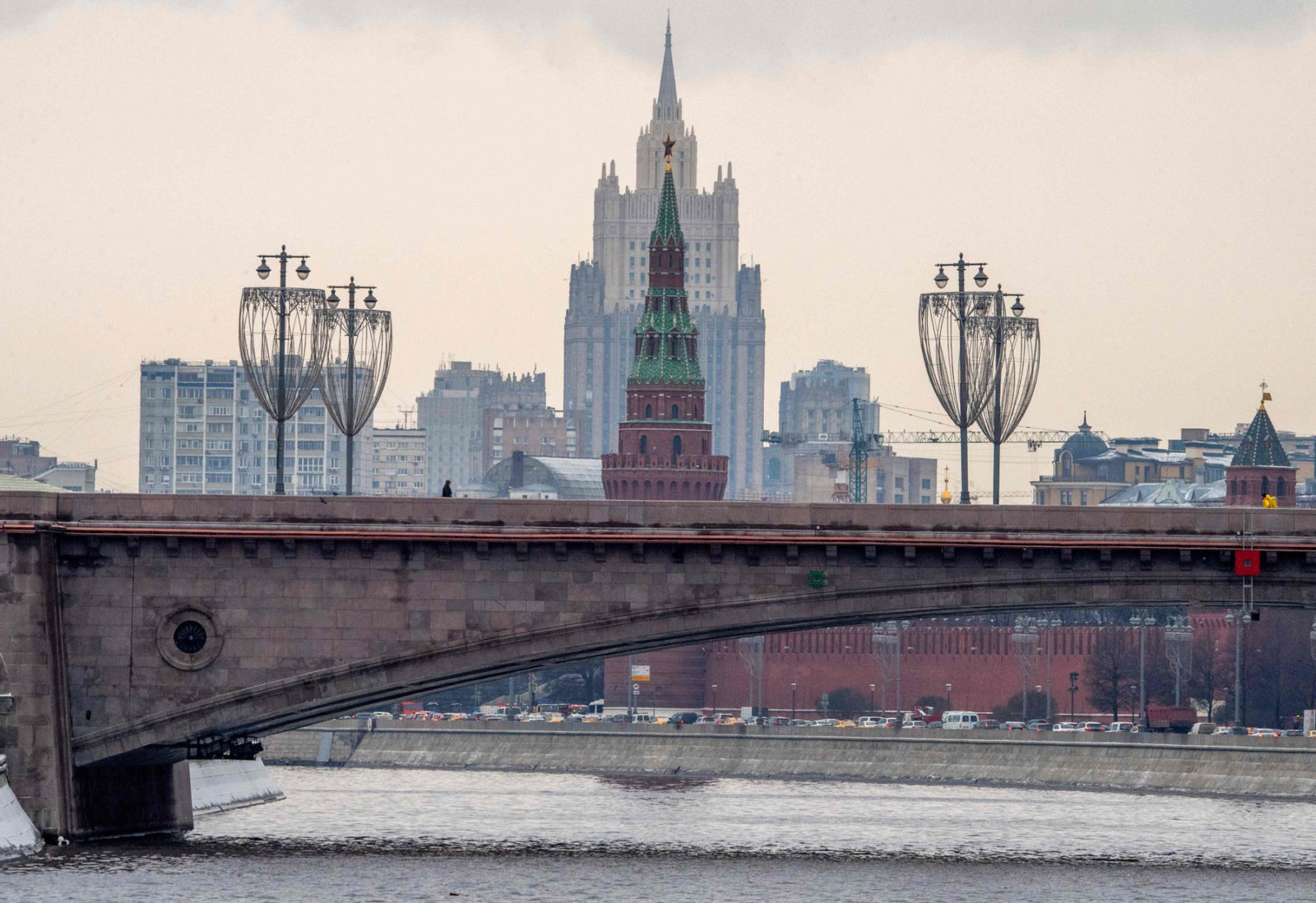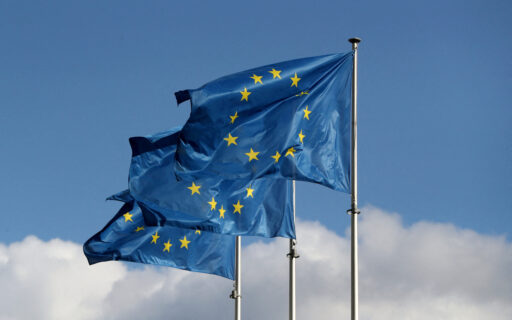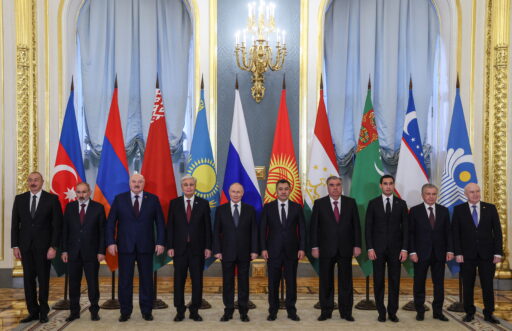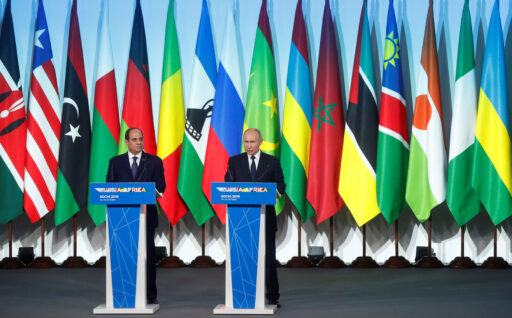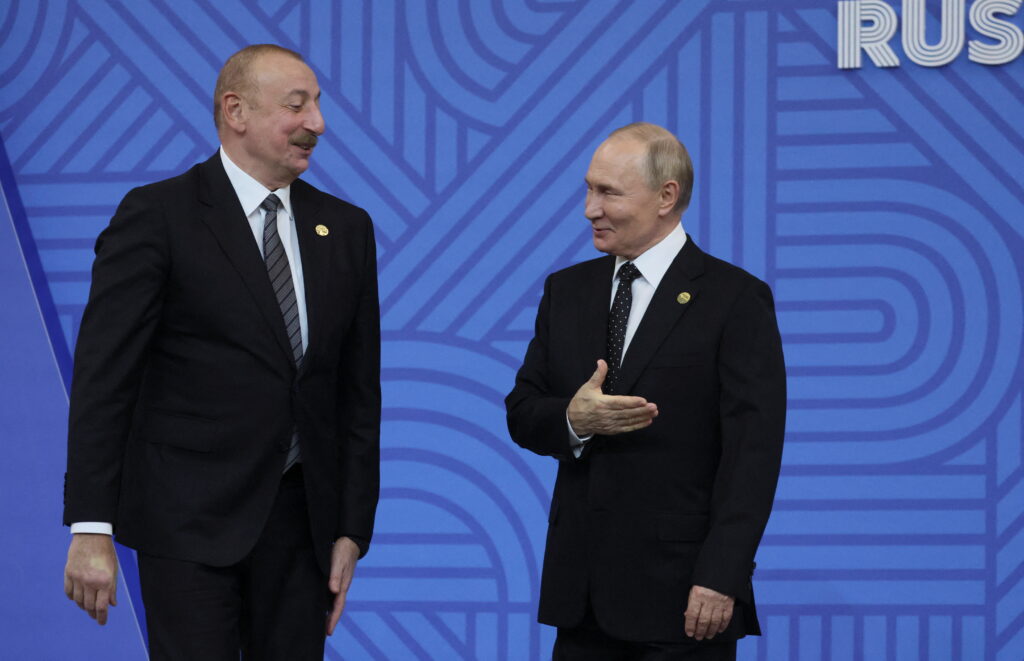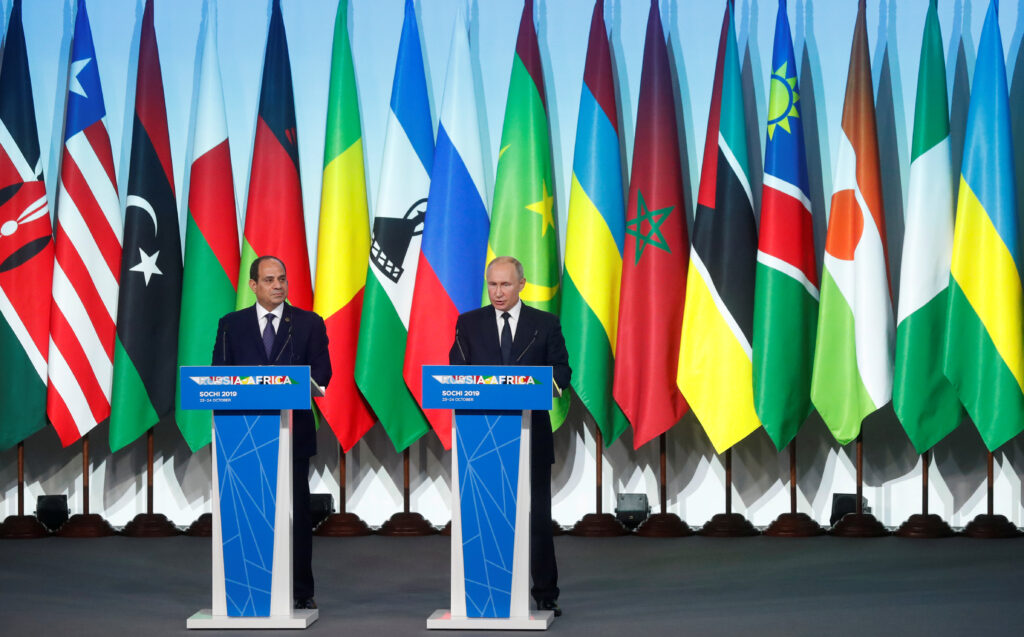Since the collapse of the Soviet Union, Russia has been traversing its own, often difficult, path towards independent development. Over the past thirty years, Russian society and the country’s elites have performed many tests, making many mistakes along the way. From today’s vantage point, the results of this process of evolution do not seem final, nor satisfactory. The trajectory of the country’s development was mostly determined by internal factors, particularly concerning the balance of power between various sections of the Russian elite. It is they who bear the brunt of the responsibility for this dismal outcome.
At the same time, external players have a stake in Russian politics and continue to do so today. The consequences of their decisions ripple far and wide, sometimes becoming the foundation of serious arguments in Russian political discourse, the prevalence of which strengthens or weakens various domestic forces. Western partners often take political decisions on the basis of their own domestic considerations, alongside the rich tradition of “using Russia” in political discourse. The changes sparked by these external challenges then return, like a boomerang, to influence the foreign policy of Russia itself.
For a constructive relationship between Russia and the West to be established tomorrow, it is not enough for Russian elites to simply acknowledge the mistakes made by their country’s current leaders. “It takes two to tango” is a popular expression among diplomats. The idea that the West has never erred and always done everything right is not as widespread overseas as Russians may believe it to be. In all likelihood, this essay was written with a western audience in mind, but I must first make an important clarification to my Russian readers: I do not aim to justify the authoritarian tendency nor the confrontational foreign policy taken by Moscow in recent decades. However, a sober conversation about “what went wrong” requires the input not only of Russians, but also from their partners in the West — not least of all the United States.
Let us begin with a general statement. The 1990s were not the first time in the past century in which American public opinion went through a familiar cycle with regards to Russia’s transformation — one which began with unjustifiably high hopes and culminated in unreasonably deep disappointments. Similar cycles happened before: Viktoria Zhuravleva’s work retells how Americans hoped for the emergence of a “United States of Russia” during the upheavals of 1905, and then 1917. In both cases, it took just a few months before they started decrying Russia’s return to its state of “habitual despotism.”
This dynamic repeated itself in American political discourse during the waning years of Perestroika and the dawn of Russia’s post-Soviet independence. The hopes of many Americans at the time for a Russia which would mirror their own society were, of course, also unrealisable. After the collapse of the Soviet regime, Russia simply faced too many intricate economic, political, and social problems — the country’s democratic development was never destined to follow American lines. However, the eventual return of Russia’s elites to authoritarianism was interpreted in the United States first as the collapse of the entire mission of democratisation and more recently as the return of a familiar Cold War adversary.
Nevertheless, I would venture to say that the current authoritarian regime in charge of Russia is not simply an analogue of the Soviet Union — however aggressively its leaders invoke Soviet revanchism. Frustrated Americans turn a blind eye to those freedoms in modern Russia — freedoms which are shrinking, but still exist — which Soviet citizens simply did not have. Russian society has come a long way when compared to 1980 or even 1990, even if it still does not measure up to the ideal type in the minds of external observers. Attempts to equate modern Russia to the Soviet Union are politically convenient for Moscow, allowing them to close avenues for cooperation and facilitating their task of authoritarian development.
In his book Culture and Explosion, Yuri Lotman described times such as the collapse of the Soviet Union as “explosive moments.” Many paths were open to society, and the trajectory of its future development was not determined. For Russia, the early 1990s were such a point. The politically active section of society defeated a decrepit totalitarian regime, hoping to restore Russia’s full participation in the community of developed states in the Global North. In those days, the most pressing question in Russian society appeared to concern identity: Who are we? In searching for an answer, many members of the reformist elite waited for the West to extend a hand in friendship, offering assistance as equals. Accordingly, many in the Russian elite and society at large answered that question by attempting to reclassify their country as a member of “the first world.” It was the world Andrei Sakharov dreamed that Russia could join, as yesterday’s foe and tomorrow’s friend. That move, they hoped, could lead to Russia’s deeper integration into the West’s political, economic, and security structures (such as the EU, NATO, and of course the Schengen Zone.)
Such a move, had it been successful, would not have prevented a nationalist backlash in subsequent years, but could have at least limited it — elites integrated into western systems would have valued the advantages of their position. And if, regardless of those achievements, Russia’s leaders would still have opted for isolationism, then the world would be discussing “Russia’s Brexit,” and its departure from the EU. On the other hand, it would not be discussing the annexation of Crimea and the evisceration of constitutional freedoms in Russia.
During the early 1990s, the idea of Russia as a new part of a generalised “West” was extremely popular. The actions of then Foreign Minister Andrei Kozyrev, which are today regarded in Russia as a prime example of betrayal and the abandonment of national interests, were seen simply as indicative of a desire for speedy international integration. A preference for shared interests of the international community over a “national egoism” in favour of one’s own country might be a radical form of political idealism — but such an approach could have moved the country towards closer integration with the West and create the political conditions to restrain authoritarian tendencies within Russia. All that was needed was for the West to take a step forwards in response.
However, Kozyrev’s partners in the West did not consider Russia to be part of a united community of nations. As a matter of priority, they sought control over the newly independent countries on Russia’s western borders. The eastward expansion of European structures and NATO ground to a halt at Russia’s edge, functionally leading to Russia’s de-facto “expulsion from Europe,” with the exception of the Council of Europe and OSCE. Responsibility for this state of affairs does not lie solely with the Russian elite.
This reluctance, or lack of readiness, to include Russia within the contours of the new western community was a consequence of the triumphalism which seized western elites in the early 1990s. Instead of the ending of the Cold War representing a victory for all concerned, politicians started to talk of the “West’s victory in the Cold War.” This approach to Russia as a defeated country (though not a destroyed one, as some western politicians stress today) eventually manifested itself as a refusal to listen to Russian concerns — but was apparent from an early stage due to the complete absence of any integration plan for Russia. Some authors even wrote of expectations for a “Marshall Plan for Russia,” which never came to pass. In fairness, it can be said that such a plan was impossible in the early 1990s due to the domestic and economic restrictions on the United States and its European partners. But did this constraint mean that western elites underestimated the importance of involving Russia in building a common future together? After all, if Russia was to be treated as a defeated power, did this approach not contrast from the widespread understanding of the importance of integrating Germany and then the rest of Europe in the 1950s? Furthermore, is it not this very triumphalism which now feeds the rising revanchism in Russian society and its support for the current regime’s desire to reassess and replay the end of the Cold War?
The window of opportunity for Russia’s transformation was not open for long. By 1995, as a recent study demonstrates, Russia’s elites had already come to a new anti-American consensus. But from 1992 to 1994, much was still possible — indeed, that window became narrower in 2007 and narrower still, if not locked shut, by 2014.
In this sense, the West made its main mistake at the very start of the 1990s, when its elites did not believe in the possibility of integrating Russia and missed their chance to be proven wrong. They chose to fixate on regional successes instead. However, there are two more crucial junctures when decisions taken by the West changed relations with Russia for the worse.
The first major blow was the refusal to negotiate clearly and openly. The most obvious example here is the Jackson-Vanik Amendment of 1974, which added restrictions on American trade with non-market economies which committed human rights abuses. The amendment, by its own logic, should have been cancelled at the end of Perestroika, once the Soviet Union provided its citizens the freedom to leave the country. In fact, the US Congress arranged for the amendment’s cancellation only with new conditions — in the end, the amendment was cancelled alongside the introduction of new sanctions. Regardless of the appropriateness of these sanctions, the manner of their introduction did not inspire any great trust in the United States as a reliable partner.
The second difficulty was presented by the United States’ own rejection of the supremacy of international law. Although Washington has traditionally placed its own domestic considerations over international law, the recognition of Kosovo’s independence represented a real turning point. The United States and NATO describe the case of Kosovo as “special” and “exceptional,” but the appearance of such exceptions undermines the principle of international law. Without deliberating for long on the issue of Kosovo, it is worth mentioning that the unity of Bosnia-Herzegovina, which survived a similar tragedy, was preserved by the international community — the troubled state retained its integrity and was divided into two federal entities. Thus when such a strong country clearly demonstrates the possibilities of violating international law, it cannot be surprising that the Russian leadership decided to follow suit — violating international law precisely in order to demonstrate its own strength.
All of the aforementioned decisions undertaken by the United States and its European partners can be fully explained by domestic political factors and constraints. Nonetheless, these explanations do not absolve western political elites of responsibility, just as the objective reasons for the evolution of Russian politics do not absolve the Russian leadership from responsibility for their acts.
Any attempt to imagine a better future for the world as a whole will require the honest recognition of errors from all parties. Without this, trust cannot be established — this is not about “equality” of guilt nor demanding a “balance” of responsibility, but about the ability to reach compromises. In Russia’s case, there are reasons to expect that the next leadership will be ready to condemn at least some of the actions of its predecessors. But the question remains whether such a political force exists in the West. Obviously, NATO cannot admit its mistakes — no such body exists within the alliance for recognising them. This means that such recognition must instead be sought from national governments, and above all the United States — however difficult that ask might be in American political culture today.
